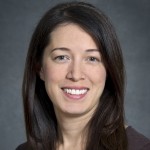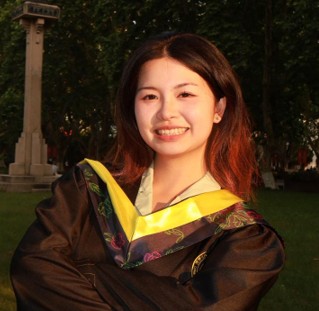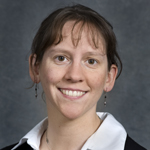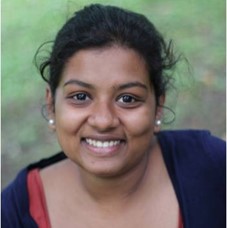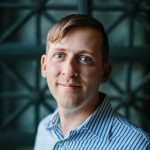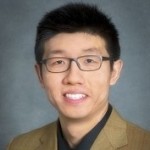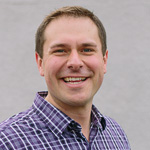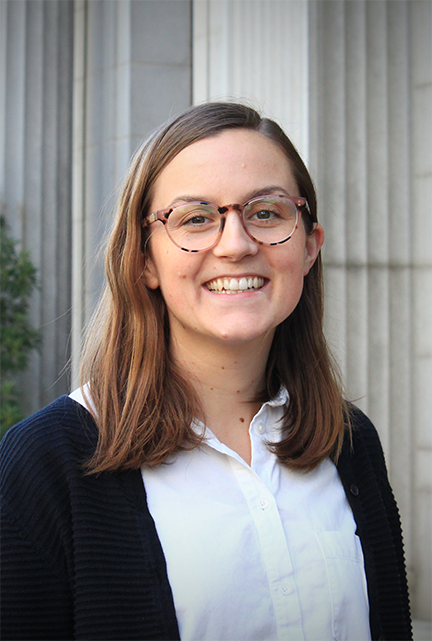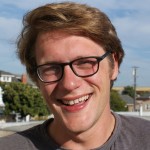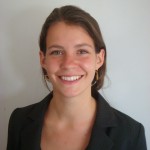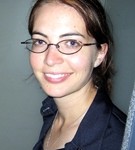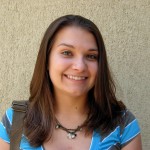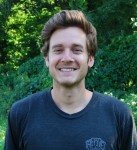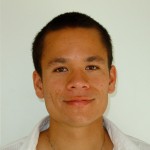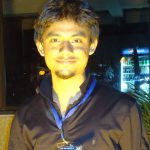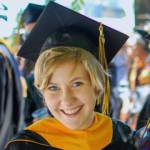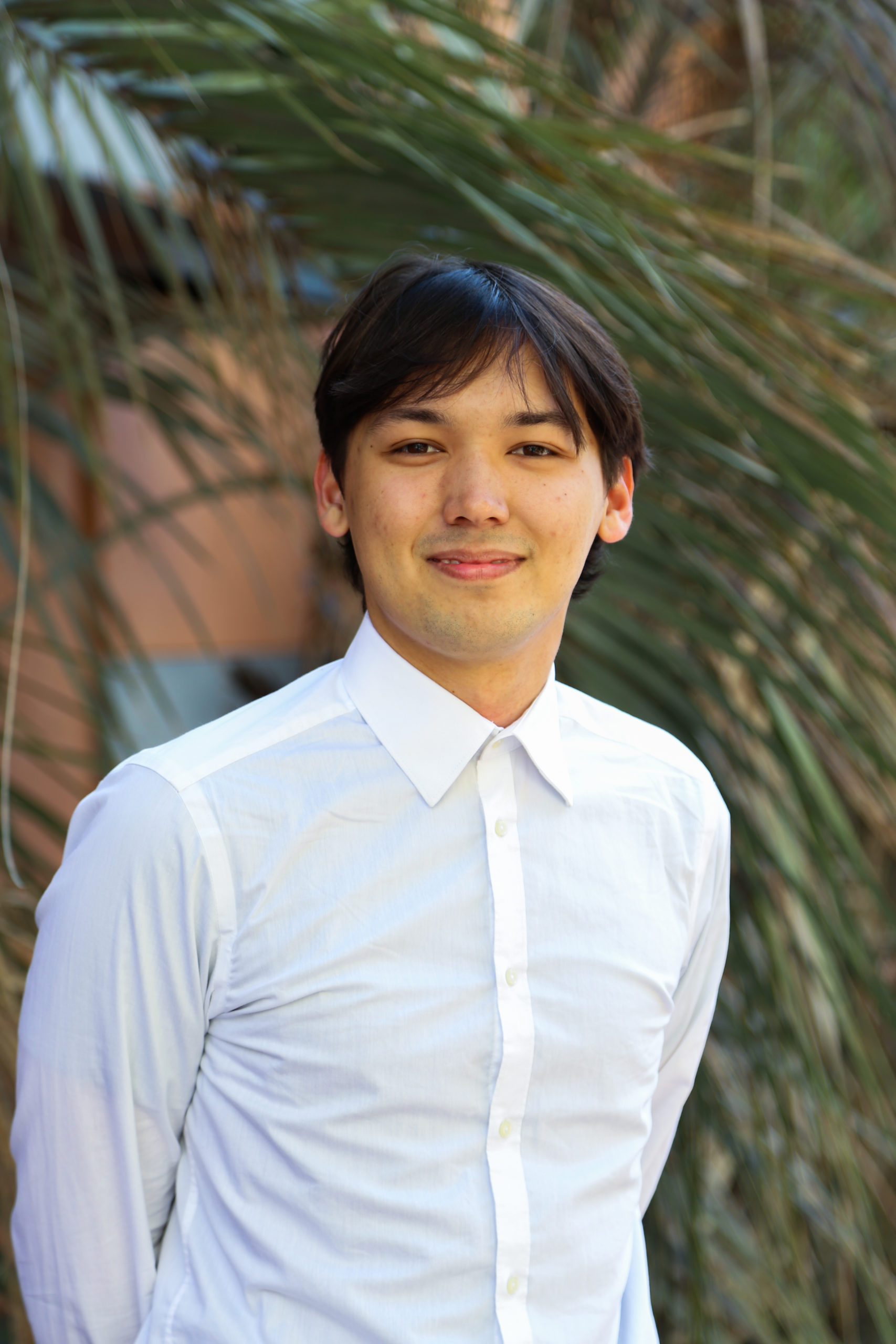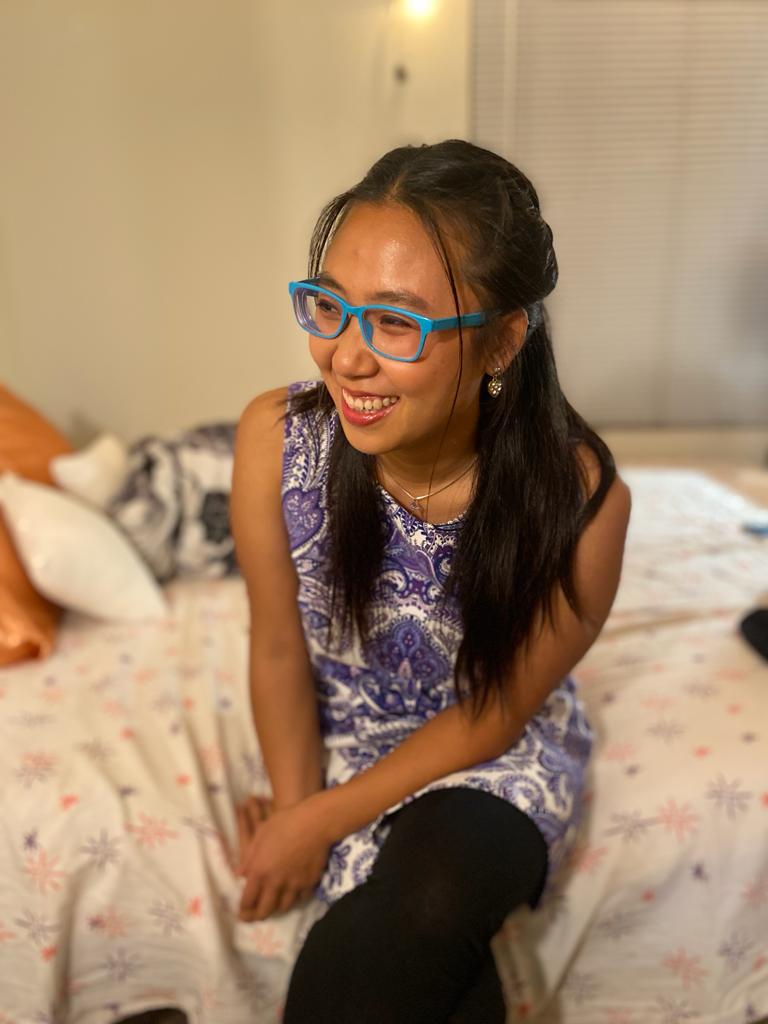Faculty
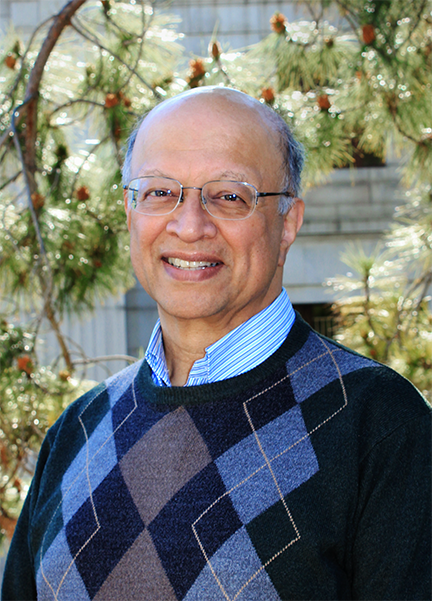
Professor Ashok Gadgil
Professor of Civil and Environmental Engineering & Faculty Senior Scientist in the Energy Technologies Area at Lawrence Berkeley National Laboratory
Dr. Gadgil is Faculty Senior Scientist at LBNL and Professor of Civil and Environmental Engineering at UCB. Dr. Gadgil holds a Ph.D. in Physics from UCB and an M.Sc. in Physics from IIT/Kanpur. He has won numerous awards and honors for his inventions, including the Heinz Award for the Environment (2009), “Sustainability Pioneer Award” from SAG/SAM of Zurich (2010), The European Inventor Award, and the NCIIA Lifetime Award for teaching innovation (both 2011), and the Zayed Future Energy Prize, and the Lemelson-MIT Global Innovation Award (both 2012). He was elected to the National Academy of Engineering in 2013. Inducted in the National Inventors Hall of Fame in 2014, and won the Leo Szilard Award by the American Physical Society in 2015. He specializes in heat transfer, fluid dynamics, and design for development. He also has substantial experience in technical, economic, and policy research on energy efficiency and its implementation – particularly in developing countries. He has several inventions in the realm of sustainable development, including the Berkeley-Darfur Stove (which is being deployed in Darfur by the nonprofit Potential Energy) and “UV Waterworks,” a technology to inexpensively disinfect drinking water in the developing countries. Click on his photo at the left to view more information.
Project and Research Scientists
Dr. Vi Rapp
Energy Storage and Distributed Resources Division, Lawrence Berkeley National Laboratory
Dr. Vi Rapp is a Research Scientist in the Energy Storage and Distributed Resources Division at Lawrence Berkeley National Laboratory. She is currently conducting research on developing advanced biomass cookstoves for the developing world, improving combustion safety diagnostics for energy efficient homes, and investigating efficient, low emissions technologies for combustion appliances and small engine applications. She holds a Ph.D. in Mechanical Engineering from the University of California, Berkeley with a focus on combustion and received her M.S. and B.S. in Mechanical Engineering from the University of Utah. During her Ph.D., she investigated novel techniques for improving engine efficiency and reducing emissions of advanced internal combustion engines. Her research included investigating a hydrogen-oxygen-argon internal combustion engine and alternative fuels in homogenous charged compression ignition (HCCI) engines. Prior to starting her Ph.D., she was a Thermal and Stress Analysis Engineer at Moog Aircraft Group where she conducted finite element analysis on primary flight control actuators for the Boeing 787 and other commercial aircraft.
Dr. Rapp’s publications are here
Email: vhrapp@lbl.govPostdoctoral Researchers
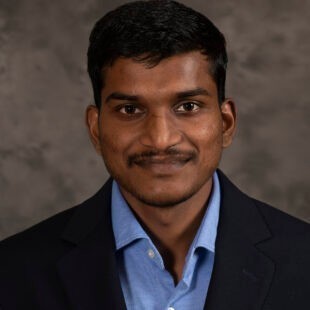
Sujit Modi
PhD ’24, Washington University in St. Louis
I am interested in the development of environmentally sustainable and economically viable electrochemcial techniques for contaminant capture and nutrient recovery applications.
Email: modisujit@berkeley.edu
Graduate Students
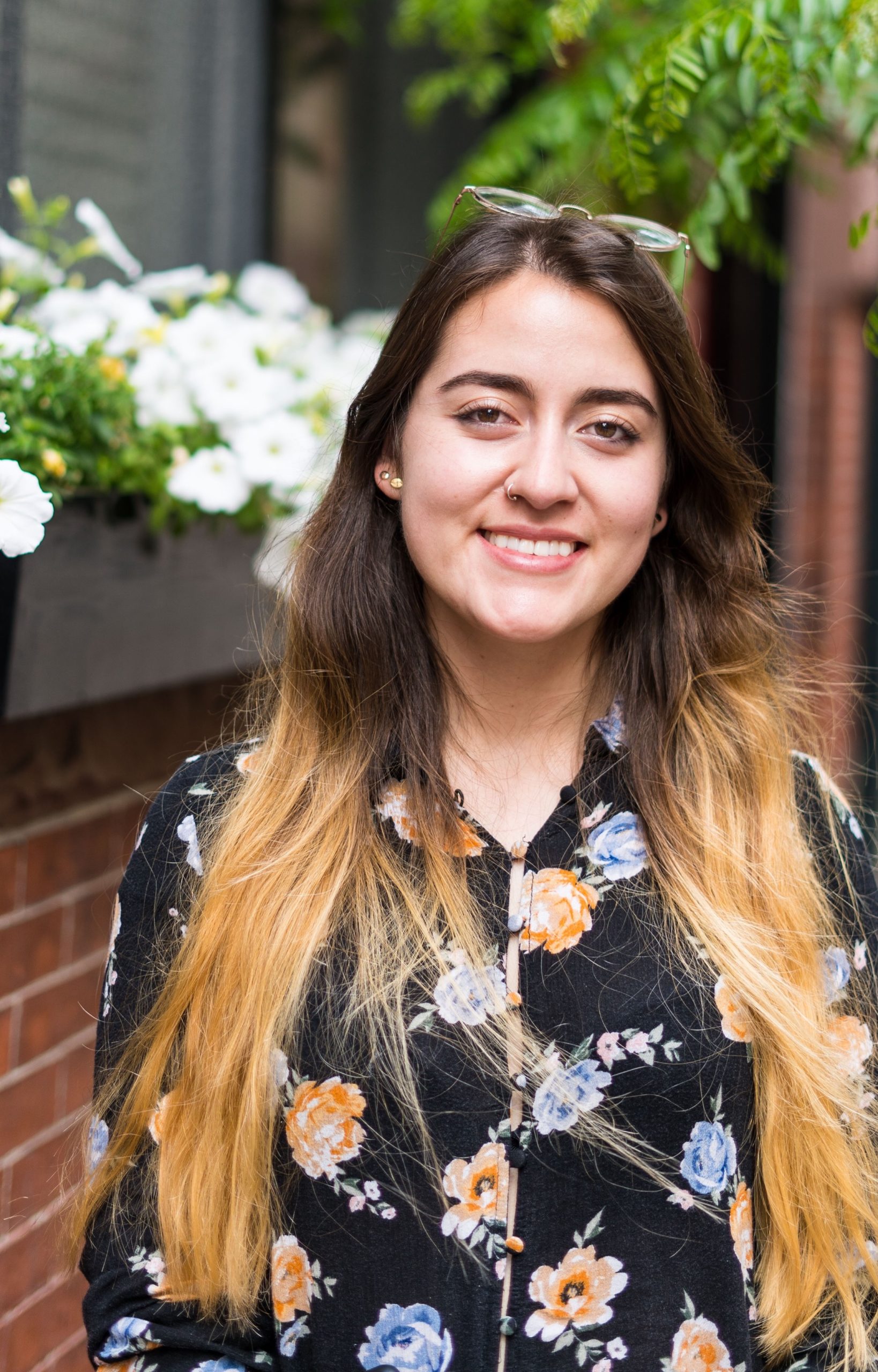
Andrea Naranjo-Soledad
Ph.D. Student, Civil and Environmental Engineering
Email: andrea.ns@berkeley.edu
LinkedIn: https://www.linkedin.com/in/andrea-n-s/
Yiqian Chen
M.S. Student, Civil and Environmental Engineering
Yiqian is a Master’s student studying Civil and Environmental Engineering.
Research Engineers
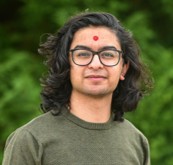
Jay Majmudar
Project: Piloting Arsenic Removal Technologies
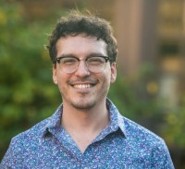
Benjamin Sindle
Project: Piloting Arsenic Removal Technologies
Undergrads and Interns
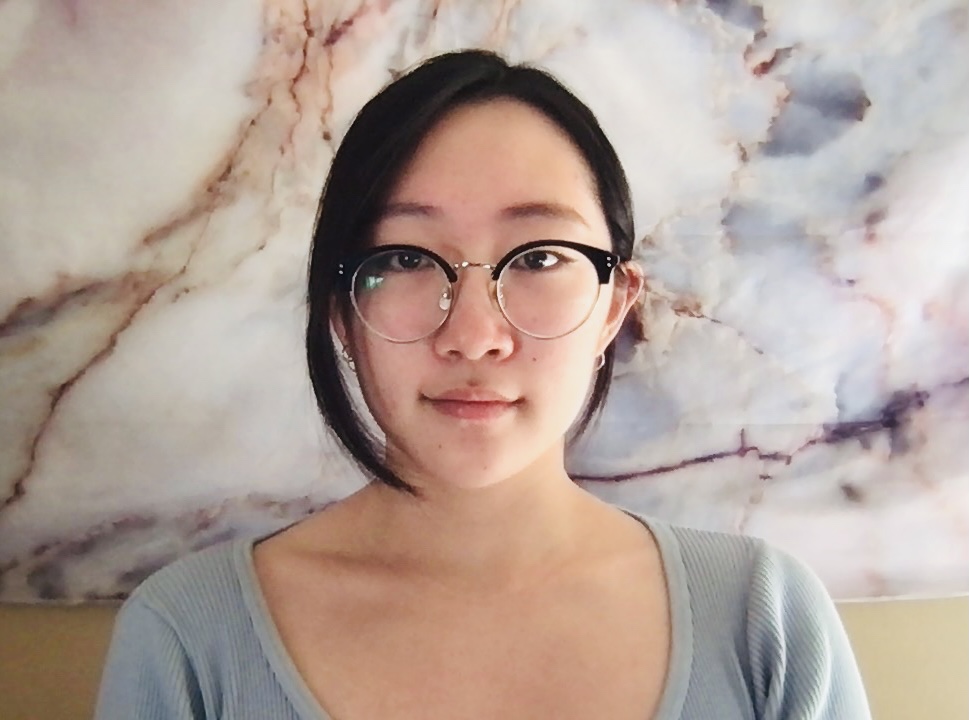
Sally Kim
Undergraduate Student, Computer Science (Class of 23′)
Sally is a second-year Computer Science major. She is currently aiding in the process of programming a mobile application that assists the remote monitoring technology for arsenic remediation.
Email: sally625@berkeley.edu
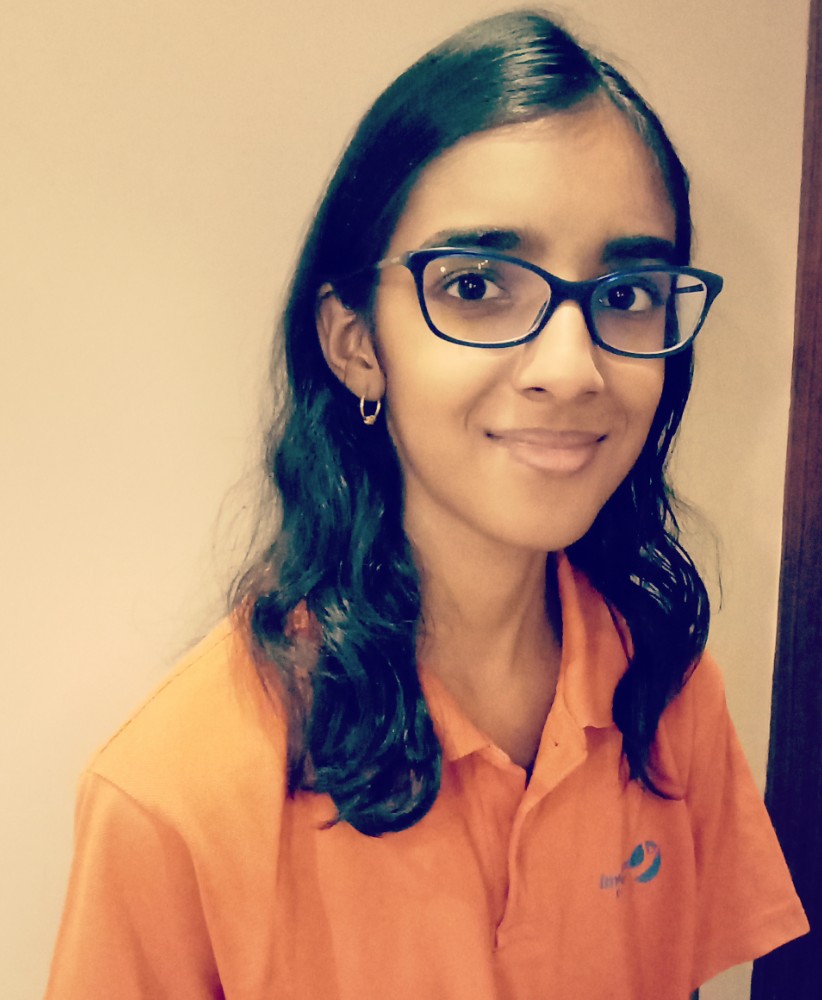
Samyukta Shrivatsa
Undergraduate Student, Engineering Physics (Class of 23′)
Samyukta is a sophomore majoring in engineering physics. She is interested in the areas of sustainable development and public health. She is currently working on arsenic remediation using Fe(iron)-electrocoagulation with external oxidization technology (FOX).
Email: s.shrivatsa@berkeley.edu
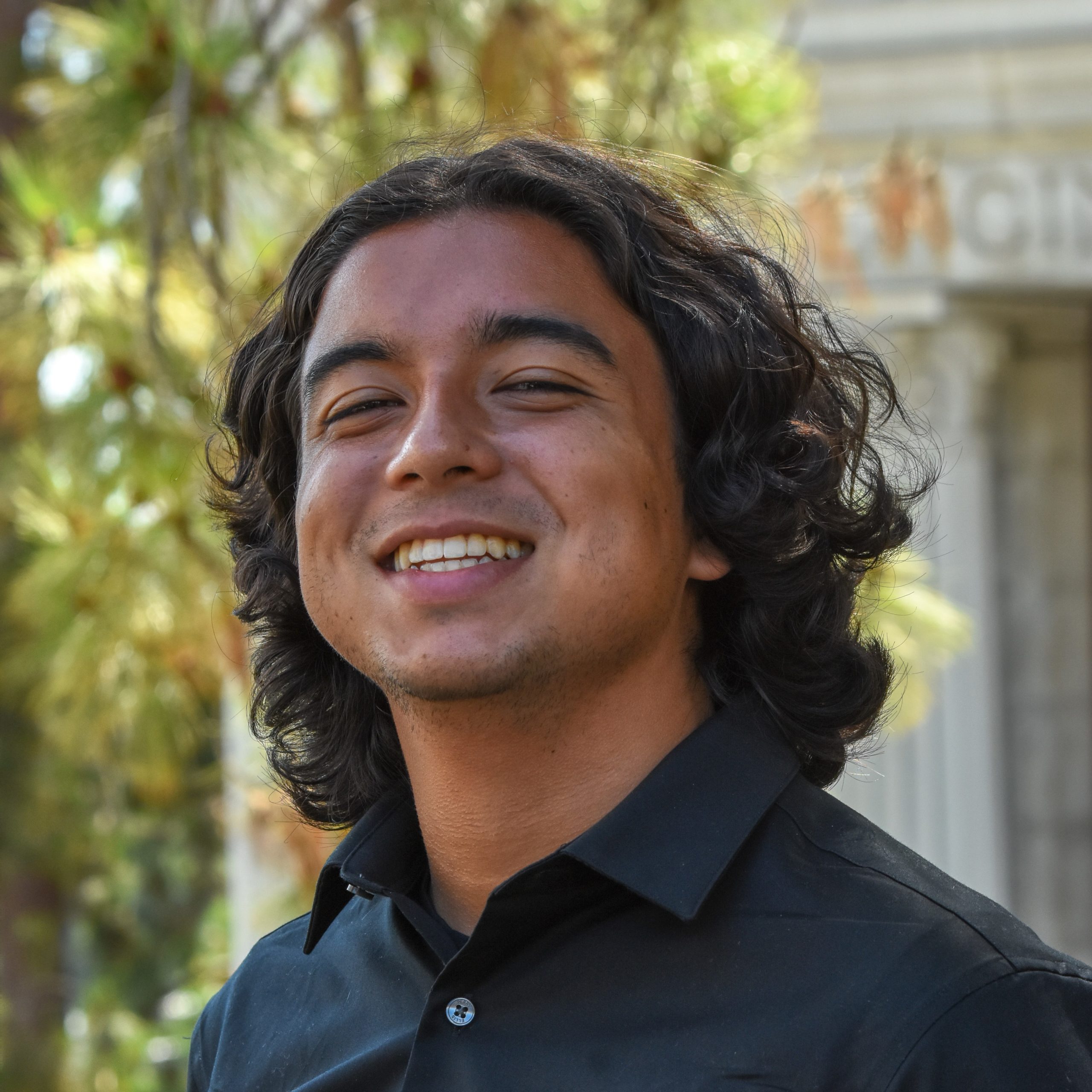
Julián Falagan
Undergraduate Student, Civil and Environmental Engineering (Class of 23′)
Julián is a senior studying civil and environmental engineering. He is interested in water treatment technologies and the future of community water systems. Currently, he is working on Air Cathode Assisted Iron Electrocoagulation (ACAIE) for arsenic remediation.
Email: jfalagan@berkeley.edu

Troy Ngo
Undergraduate Student, Chemical and Biomolecular Engineering (Class of 24′)
Troy is a sophomore studying Chemical engineering.
BO’L”O’W’A
Email: n60troy@berkeley.edu
Phoebe Chen
Undergraduate Student, Civil and Environmental Engineering (Class of 23′)
Phoebe is a Senior studying civil and environmental engineering.
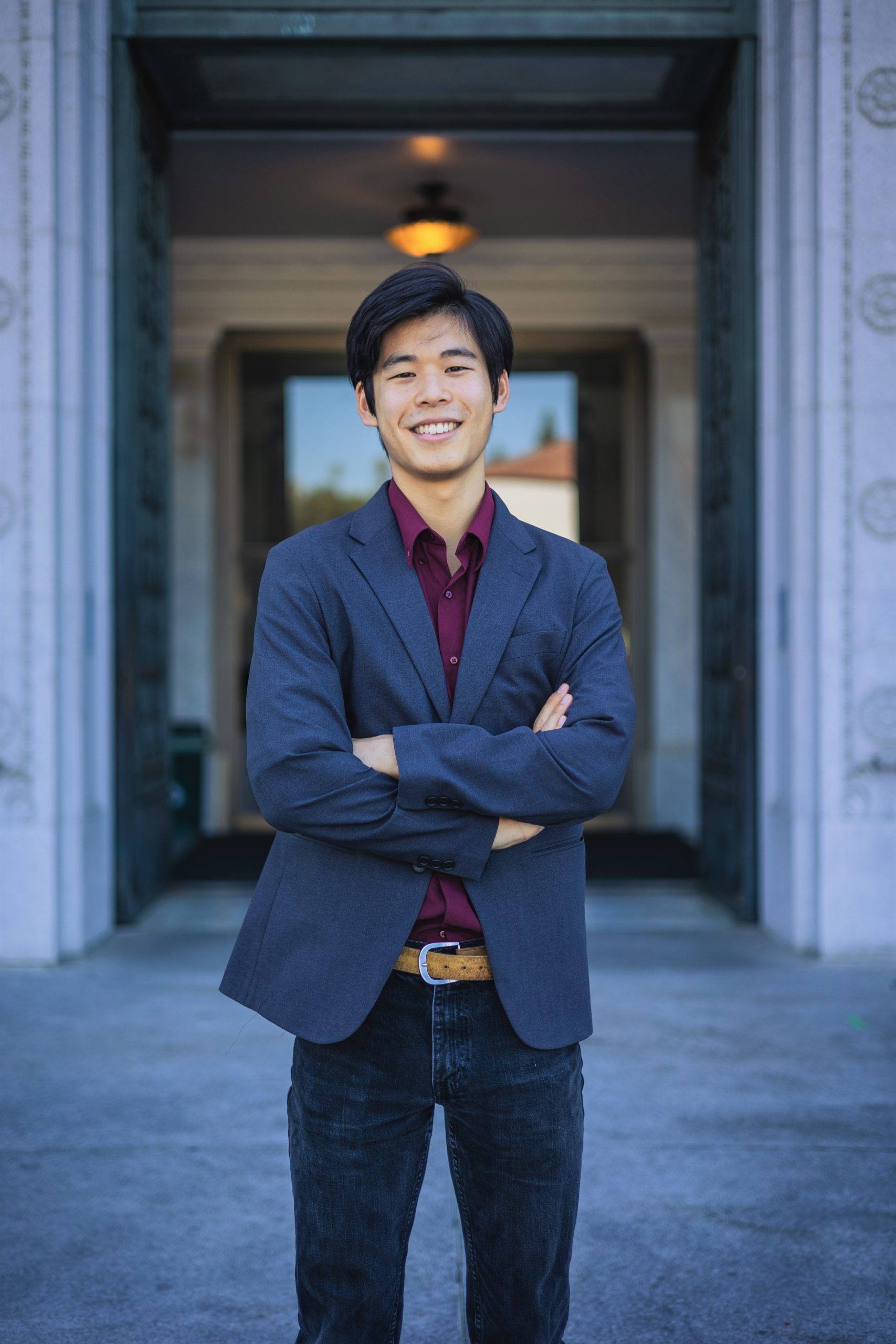
Michael Gee
Undergraduate Student, Civil and Environmental Engineering (Class of 23′)
Michael is a Senior studying civil and environmental engineering. Currently, he is working on Electrocoagulation for chromium remediation.
Email: michaelgee@berkeley.edu
Project and Research Scientists
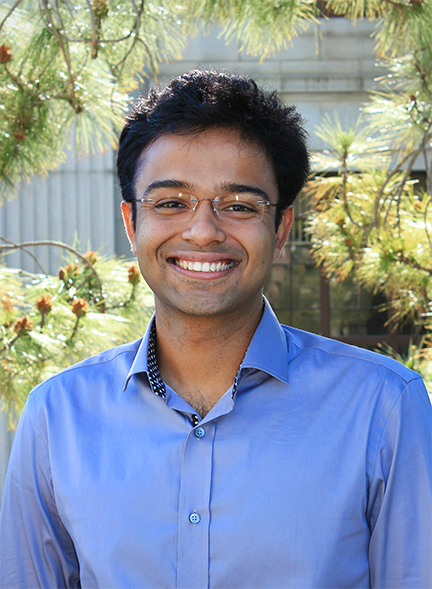
Dr. Mohit Nahata
Research & Development Engineer, Civil and Environmental Engineering, UC Berkeley
Mohit Nahata is a Research & Development Engineer working with Prof. Ashok Gadgil in Civil and Environmental Engineering at UC Berkeley. In collaboration with graduate students from the University of Philippines, Diliman, Mohit is currently focused on developing and field testing a 600 L iron electrocoagulation system for arsenic removal to be implemented in rural Philippines. This system will provide cost effective arsenic safe drinking water. Mohit holds a Ph.D. and Master’s in Chemical Engineering from the University of Michigan, Ann Arbor with specialization in activated carbon chemistry. During his Ph.D., he developed a novel method to synthesize activated carbon from cellulosic biomass (sawdust) via slow batch pyrolysis using low cost, locally available materials to recycle ammonia off-gassed from urine in order to facilitate soil amendment applications. Besides supervising allied iron- electrocoagulation projects for removing chromium and arsenic from coal-ash pond water, he is also conducting research to understand and prevent fouling of the carbon cathodes for the continuous flow next generation version of the iron-electrocoagulation system.
Dr. Nahata’s publications are here
Email: mnahata@berkeley.edu
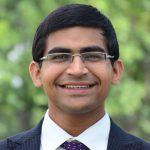
Dr. Arkadeep Kumar
ITRI-Rosenfeld Postdoctoral Fellow, Energy Technologies Area, Lawrence Berkeley National Laboratory
Arkadeep Kumar earned his Ph.D. in Mechanical Engineering from Georgia Tech, working with Prof. Shreyes N. Melkote. In his PhD, he improved mechanical integrity of silicon wafers manufactured by diamond wire sawing for solar cells. In the Gadgil group, he is conducting research on iron-electrocoagulation methods to remove contaminants (e.g. arsenic) for safe drinking water, and energy-efficient desalination of low-salinity brackish waters. Moreover, he is working with Dr. Ashok Gadgil for developing societally impactful technologies that can go to scale.
Dr. Kumar’s publications are here
Email: arkadeepkumar @ lbl . gov
Dr. Susan Amrose
Assistant Project Scientist and Lecturer, Civil and Environmental Engineering Dept, UC Berkeley
My doctoral research focused on developing, lab-testing, and field-testing ElectroChemical Arsenic Remediation (ECAR) as a locally affordable technology system to remove arsenic from groundwater in rural South Asia. Since receiving my PhD in 2008, I have continued to develop ECAR technology through larger prototypes and longer field trials while working to engage industrial partners for commercialization and scaling. I supervise ongoing water research projects on fluoride removal and capacitive deionization. I teach a graduate level team-based course called Design for Sustainable Communities based on the commercialization and implementation of sustainable technology systems (i.e. the technology plus the systems required to support the technology) in resource-poor regions.
Email: samrose@berkeley.edu
Dr. Chinmayee Subban
Energy Storage and Distributed Resources Division, Lawrence Berkeley National Laboratory
Chinmayee Subban earned her PhD from Cornell University’s Department of Chemistry and Chemical Biology. Her prior work focused on the design and characterization of electrode materials for fuels cells and lithium-ion batteries. In the Gadgil group, she is working to develop efficient electrode materials for Capacative Deionization (CDI) technology, with the goal of treating widespread brackish water sources in the US and in the developing world.
Email: CVSubban @ lbl . gov
Former Post-docs
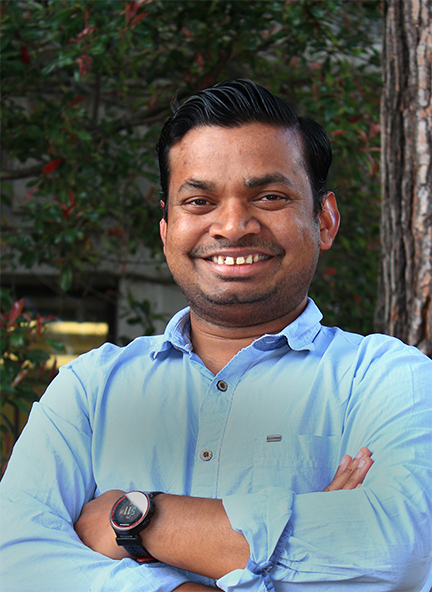
Siva Rama Satyam Bandaru, PhD
PhD ’20, University of California, Berkeley, Civil and Environmental Engineering
I’m interested in development and implementation of Electro Chemical Arsenic Remediation (ECAR), a low cost robust technology to address groundwater arsenic contamination in rural South Asia and California. My current research focuses on understanding the behavior of iron plates (electrodes) during long term electrocoagulation processes and developing alternate techniques to further increase the lifetime of iron electrodes. Previously I worked on the design, fabrication, and piloting of an electrocoagulation system (ECAR 600L prototype) at a rural school in India.
Email: sivaram.satyam@berkeley.edu
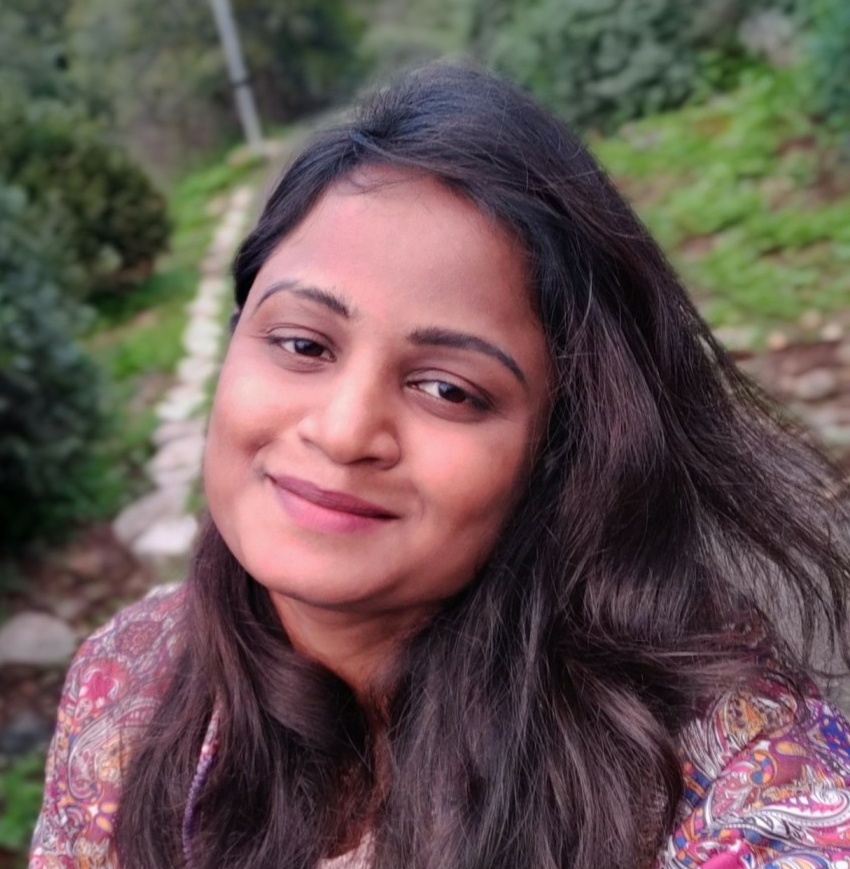
Suganya Subburaj
Ph.D. Civil and Environmental Engineering
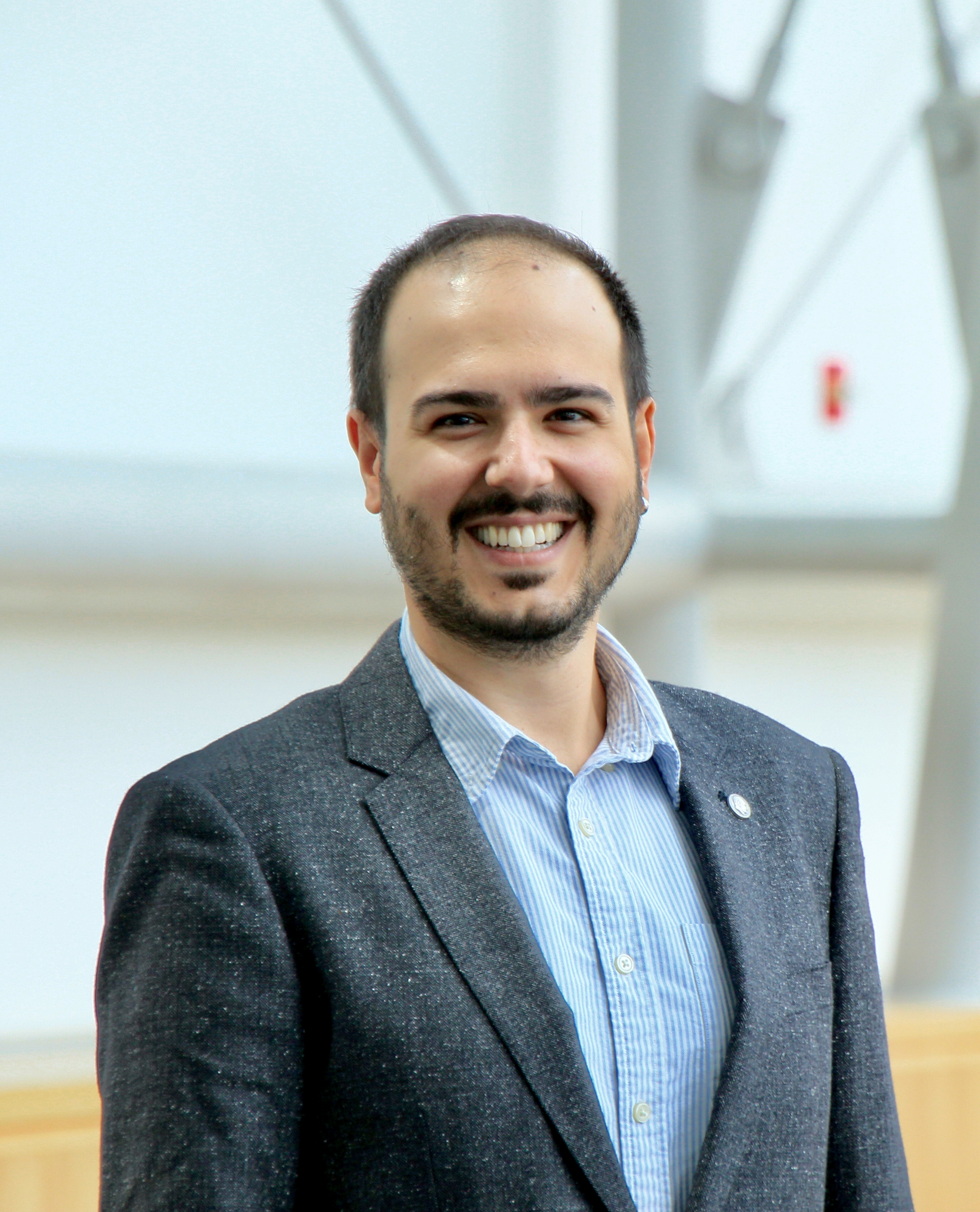
Bilen Akuzum, PhD
PhD ’20, Drexel University, Materials Science and Engineering
I’m a postdoctoral researcher with an entrepreneurial drive, focusing on the diagnostics, development, and deployment of flow-assisted electrochemical systems for energy and water applications. I have an interdisciplinary background in materials science and mechanical engineering with strong expertise in electrochemistry and rheology of carbon-/carbide-based electroactive slurries, dispersions, and inks. I carry extensive experience in materials and system-level research, focusing on scale-up of hardware technologies at the energy-water nexus with numerous publications in redox flow battery, electrochemical flow capacitor, and capacitive deionization technologies. Aside from my research career, I’m a self-taught video creator, a dedicated science communicator, and a keen STEM educator.
Email: bilenakuzum@berkeley.edu
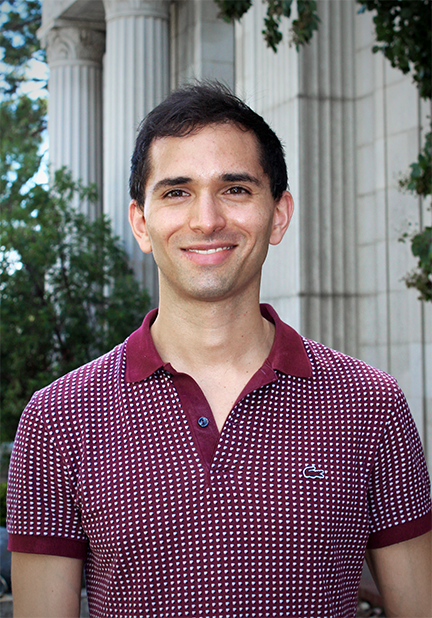
Gabriel Lobo, PhD
PhD ’21, University of California, Berkeley, Civil and Environmental Engineering
Gabriel received his Bachelor and Master’s degrees in environmental engineering at Pontificia Universidad Catolica de Chile. He is interested in the transport and fate of anthropogenic pollutants in soils and water, and in developing water treatment technologies, particularly in the developing world. Gabriel is working on the development of ALPS (Accelerated Lead Pipe Scale-buildup), a novel electrochemical technology meant to prevent lead from seeping into the water distribution systems via corrosion of lead pipes. In parallel, he is working on modelling the transport of organic matter and arsenic in soil to help understand how these compounds interact with soil particles via sorption and desorption processes, and their effect on groundwater quality.
Email: gplobo@berkeley.edu

Dr. Andrew Z. Haddad
ITRI-Rosenfeld Postdoctoral Fellow, Energy Technologies Area, Lawrence Berkeley National Laboratory
Andrew Z. Haddad earned his PhD in inorganic chemistry from the University of Louisville working in lab of Craig A. Grapperhaus. His graduate work focused on development and mechanistic investigation of inorganic electrocatalysts for homogeneous and heterogeneous hydrogen evolution and hydrogen oxidation. In the Gadgil group, he is developing and mechanistically investigating the use of minimally processed, inexpensive, and highly porous bauxite ore materials for the removal of excess fluoride from groundwater, with the ultimate goal of providing fluoride free drinking water in the developing world. Additionally, we aim to to do this in a scalable, cost-effective manner.
Dr. Haddad’s publications are here
Email: azhaddad @ lbl . gov
Dr. Adam Rausch
Research and Design Engineer, University of California, Berkeley
Worldwide, more than a billion people lack adequate access to clean drinking water. Certainly, solving such problems often requires new technology, as minimal infrastructure and financial limitations can effectively exclude existing solutions. When necessary, however, new technology is often not sufficient to provide sustained relief. Indeed, even mature technologies frequently fail in remote and developing-world settings. Therefore, it is crucial that we come to understand both technical and non-technical factors for such efforts. My current research includes improving capacitive deionization, targeting treatment of high-TDS water common in underground sources, as well as analyzing comparative case studies on the sustainability of rural infrastructure projects.
Email: insearchofthekey@gmail.com
Dr. Yungang (Carl) Wang
Environmental Energy Technologies Division, Lawrence Berkeley National Laboratory
Associate Editor, Energy for Sustainable Development
Dr. Wang’s current research interest is primarily in the field of designing and testing biomass cookstoves for the bottom of the pyramid. He is now leading a recent effort that designs and tests an inexpensive, fuel-efficient and super low-emissions biomass cookstove for Darfur at LBNL cookstove testing facility. His prior research focuses on particles in the air: how they form, how to sample and analyze them; what their composition is; and where they come from. Dr. Wang has authored over 30 peer reviewed publications and served as a reviewer for 17 top journals in the fields of atmospheric science, sustainable energy development, and environmental heath. Dr. Wang holds a Ph.D. in Environmental Engineering from Clarkson University, a M.S. in Environmental Engineering from Texas A&M University, Kingsville, and a B.S. in Environmental Engineering from Tsinghua University. In the non-professional life, he loves to play sports and travel.
Dr. Wang’s journal publications are here
Email: yungangwang@lbl.govDr. Daniel Wilson
Postdoctoral Fellow, UC Berkeley
Daniel (Danny) Wilson’s research focuses on biomass combustion in the developing world. Today roughly three billion people will eat food cooked over high-emissions biomass fires. This practice causes two million deaths annually, mostly of women and children, and contributes significantly to climate change. I work on reducing the impact of biomass fires by designing high-efficiency biomass cookstoves as well as helping to quantify the climate impact of cooking by measuring the distribution of black carbon soot in the atmosphere using novel sensors affixed to high-altitude balloons.
Former PhD Students
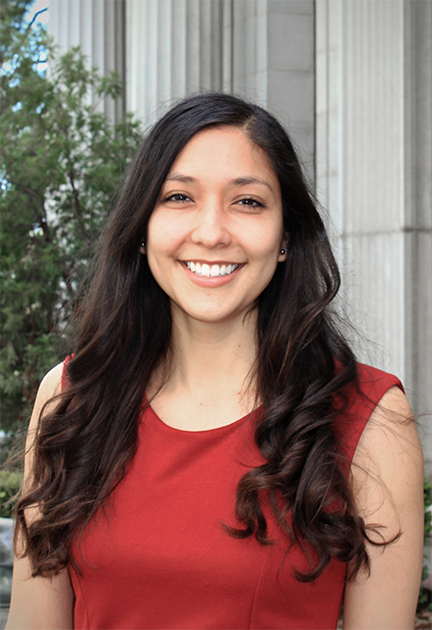
Dana Hernandez
Ph.D. Candidate, Civil and Environmental Engineering
Dana obtained her Bachelor of Science in Environmental Engineering at UC Irvine in 2015 and her Master of Science in 2016 at UC Berkeley. After working as a field engineer for 6 months in India at the first large scale ECAR pilot plant, Dana began her PhD studies in January of 2017. Her current work is focused on arsenic removal using a novel electrochemical water treatment technology called ACAIE (Air Cathode Assisted Iron Electrocoagulation). In addition to research in the lab, she is working on piloting ACAIE in the field in Central California.
Email: danaah@berkeley.edu
LinkedIn: https://www.linkedin.com/in/danahdez/
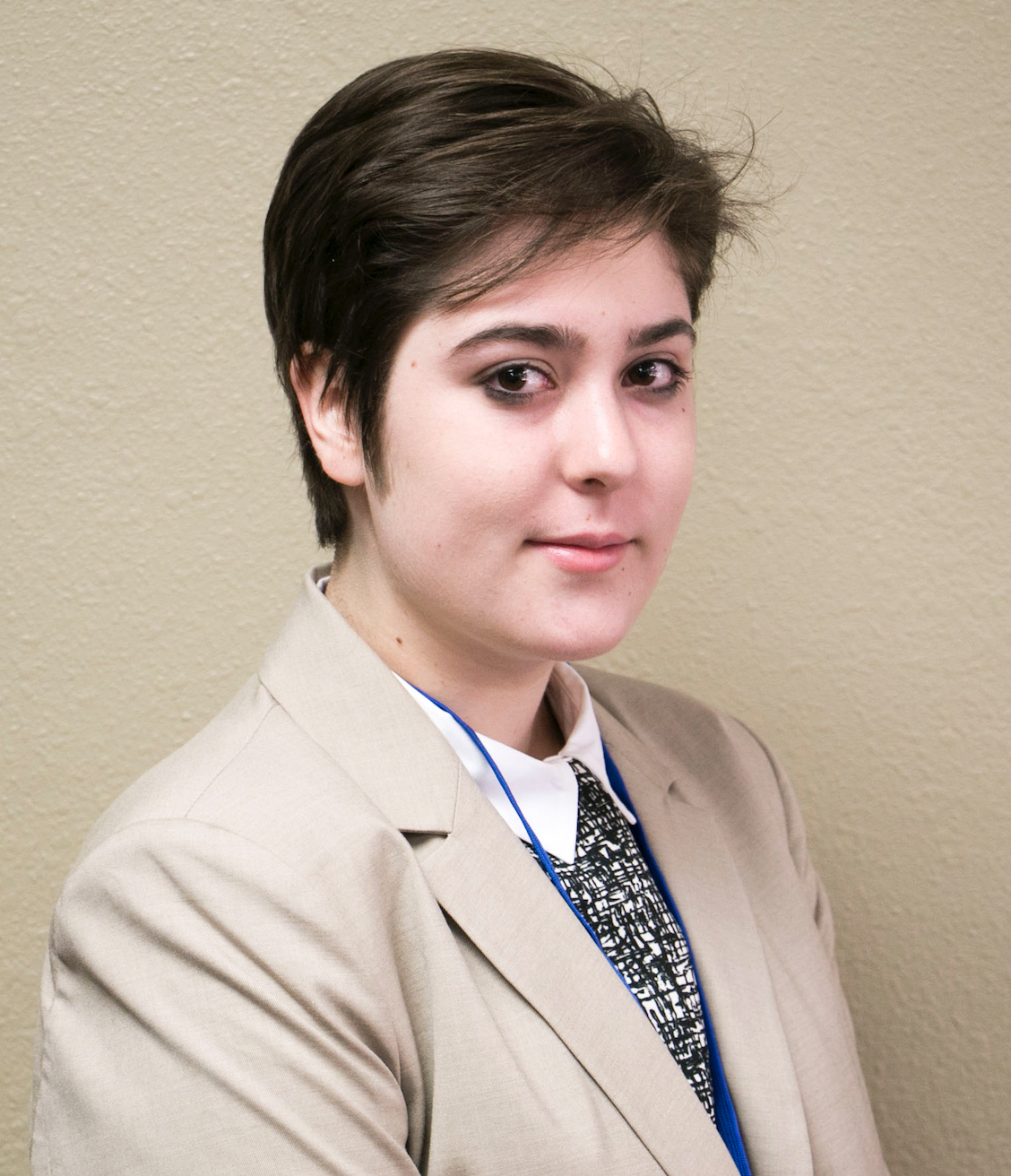
Sara Mahmoud
Ph.D. Student, Civil and Environmental Engineering
Email: sara_mahmoud@berkeley.edu
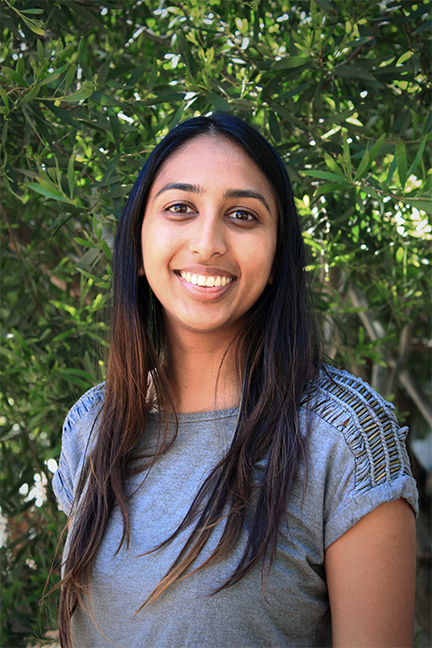
Bavisha Kalyan
Ph.D. Student, Civil and Environmental Engineering
Bavisha obtained her Bachelor of Science in Environmental Engineering from Johns Hopkins University in 2018 and Master of Science Civil and Environmental Engineering at UC Berkeley, majoring in Energy Civil Infrastructure and Climate. Her past work was on the development of a novel technology, ALPS (Accelerated Lead Pipe Scale-buildup). This electrochemical technology passivates lead pipes to prevent lead from leaching into drinking water systems. Simultaneously, Bavisha also works on using machine learning techniques, specifically Random Forest, to understand water pollution and its spatial distribution.
Email: bkalyan@berkeley.edu
Dr. Sara Glade
Ph.D. Candidate, Environmental Engineering
Arsenic is a contaminant that impacts millions of people worldwide, including many small, low-income communities in the United States. My research focuses on developing effective arsenic treatment solutions in small, low-income communities in California. I study this through a literature review, a field trial of a novel treatment technology, and interviews with key stakeholders. Ultimately, I hope to contribute towards access to safe, affordable drinking water for all.
Email: saraglade@berkeley.edu
Dr. Julien Caubel
PhD, Mechanical Engineering
Half of the world’s population relies on inefficient, highly polluting biomass stoves for residential cooking. Emissions from these biomass cookstoves are the world’s greatest environmental health risk, killing nearly 4 million people annually. My research focuses on the development of advanced cookstoves that improve biomass combustion to increase fuel efficiency and reduce the production of harmful emissions. In addition, I am developing low cost sensors to measure and monitor black carbon (soot) emissions from biomass cookstoves, providing the air quality data necessary to validate and understand the impact of clean cookstove technologies in the developing world.
Email: jcaubel@berkeley.edu
Dr. Katya Cherukumilli
PhD, Environmental Engineering
Over 200 million people worldwide drink water with toxic levels of fluoride surpassing WHO’s permissible limit of 1.5 mg/L and are at risk of developing dental and skeletal fluorosis. I am investigating the use of bauxite as a potential technology for removal of excess fluoride from groundwater in fluorosis-affected regions of Nalgonda District, India. During an explorative field visit, I collected data on water quality and local levels of endemic fluorosis in Nalgonda by collaborating with schools, governmental organizations, and NGOs in Telangana. The ultimate goal of my research is to find a more sustainable alternative to other existing methods currently being used worldwide including bone char, reverse osmosis, and activated alumina.
Email: katyach@berkeley.edu
Dr. Caroline Delaire
Ph.D., Environmental Engineering
My environmental engineering research focuses on concurrent removal of arsenic and pathogens from drinking water using iron electrocoagulation (Fe-EC). Specifically, I’m exploring the mechanisms by which bacteria and viruses are removed from groundwater by Fe-EC, and the effect of water chemistry on these processes. In addition, I’m interested in the behavior change challenges that may come with the introduction of a new arsenic remediation technology in West Bengal, India. I’m planning to conduct field work to investigate the drivers and barriers to safe water consumption and purchasing in the region.
Email: caroline.delaire@orange.fr
Dr. Jennifer Jones
Ph.D., Mechanical Engineering
My research is modeling the heat transfer, fluid mechanics, pyrolysis, and combustion processes in a biomass cookstove.
Dr. Kathleen Lask
Ph.D., Applied Science & Technology, Designated Emphasis in Development Engineering
Approximately 3 billion people world-wide cook on biomass stoves, which are often highly polluting. My research focuses on the designing low emission biomass cookstoves and understanding the combustion processes occurring within them. Specifically, I am utilizing laser diagnostic techniques to identify the mechanisms responsible for emission reductions in cookstoves.
Email: klask@berkeley.edu
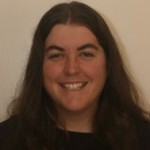
Dr. Johanna Mathieu
Ph.D., Mechanical Engineering
Johanna Mathieu completed her PhD in Mechanical Engineering in May 2012. Her dissertation focused on Demand Response (DR) – controlling buildings and appliances in ways that help the electricity grid and allow the integration of wind and solar power. She is now a postdoctoral researcher in the Power Systems Laboratory at the Swiss Federal Institute of Technology (ETH Zurich) where she works on DR, energy storage, and electricity grid security, using tools from modeling, controls, and optimization. She is also exploring how some of these ‘smart grid’ concepts could be applied in developing countries. Her master’s project, also in the Gadgil Lab, focused on characterizing the performance of an arsenic remediation technology — ARUBA: Arsenic Removal Using Bottom Ash, developed by Prof. Gadgil — in Bangladesh.
Dr. Case van Genuchten
Ph.D., Civil and Environmental Engineering
My work involves developing an arsenic-removal technology for rural South Asia, where millions of people drink arsenic-contaminated groundwater every day. Specifically, my research focuses on understanding the influence of common groundwater ions (phosphate, silicate, calcium, magnesium) on the structure and reactivity of iron (oxyhydr)oxide precipitates generated during the electrochemical oxidative dissolution of Fe(0) electrodes.
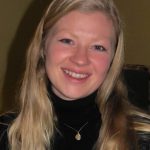
Dr. Hanna M. Breunig
Ph.D., Civil and Environmental Engineering
Senior Scientific Engineering Associate, Lawrence Berkeley National Laboratory
Decisions made in the early development stages of an emerging technology greatly impact the success of an environmental technology once implemented. My research explores new methods for modeling emerging technologies and their local and regional scale environmental and human health impacts;.
I have been the teaching assistant at Cornell University and at UC Berkeley for the following courses: Renewable Energy Systems; Environmental Engineering.
Email: hannabreunig@lbl.gov
Dr. Marc Muller
Ph.D., Civil and Environmental Engineering (joint with Sally Thompson and Slav Hermanovicz)
I am interested in integrating micro hydropower turbines in piped water supply systems in the hills and mountains of developing countries. Recovering the otherwise dissipated energy of pressurized water would allow the decentralized generation of electricity within the communities. Under favorable conditions, such a multi-use approach increases the ability to generate income from infrastructure, which increases its financial sustainability. Using GIS, I am developing tools to assess the technical and economic feasibility of the concept at a large scale through spatial analyses and the development of hydrologic, economic and cost assessment models. Although my work is currently centered on Nepal, using global and freely available remote sensing data and open source software will hopefully allow these tools to be used globally to inform rural water infrastructure policy
Staff and Field Associates
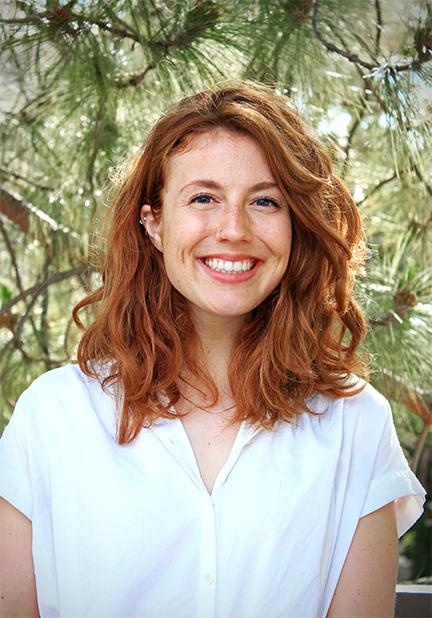
Shelby Witherby
Ph.D. Student, Civil and Environmental Engineering
Shelby completed her masters in environmental engineering at UC Berkeley. In the Gadgil Lab, she did research on optimizing the use of Bauxite to remove fluoride from groundwater in India. She traveled to the our partnering university in India to train them on lab techniques and visited a potential field site for the implementation of the treatment.
Email: shelby_witherby@berkeley.edu
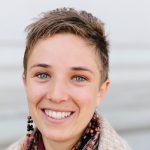
Kate Boden
Research and Development Engineer
I graduated from UC Berkeley in fall of 2015 with a degree in physics. My interest now is to apply physics problem-solving methods to the challenges facing the modern world, in particular energy usage. At the Gadgil lab I work on the efficiency of the electrochemical arsenic remediation (ECAR) reactor. More specifically I run and analyze experiments on the parameters impacting iron concentration levels, with the goal of understanding and improving the efficiency of large-scale reactors in the field.

Bidisha Roy
Research and Development Engineer
I graduated from UC Berkeley majoring in Chemical Engineering . I am interested in applying my technical background to addressing issues related to climate change and sustainability, especially in the developing world. In the Gadgil Lab, I am assisting to research efficient electrode materials for the development of capacitive deionization technology.
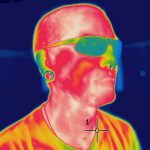
Allen Boltz
B.A. Chemistry, Secondary Science Education, Math for America Fellow
I am a high school chemistry and forensic science teacher at Berkeley High School and have enjoyed three summers of working on the stove projects. I am beginning a 5-year fellowship program this year with Math for America at UC Berkeley and will continue to develop lesson plans incorporating stove research and development into high school curriculum to add relevance and real world applications to the students’ science experience.
Prasenjit Paul
Engineering Fellow, ECAR team
Over 137 million people worldwide & 70 million people in rural Bangladesh, West Bengal and Bihar drink groundwater contaminated with arsenic. During my masters Programme in Environmental Engineering from IIT Kanpur, I got a keen interest in Solving this mass poisoning arsenic problem. My work in IIT Kanpur involved developing a cost-effective arsenic removal filter for rural India. Gadgil lab has chossen me as Associate Project specialist & I have joined ECAR team shortly after my graduation in July, 2016. ECAR project is a great exposure for me to know different practical aspects of arsenic problem along with developing and improving different technical aspects of the Dhapdhapi ECAR plant and ultimately ensure to build a sustainable, locally affordable, cost-efficient arsenic free water supply model which can be replicated in all Arsenic-affected areas.
Email: paulprasenjit21@gmail.com
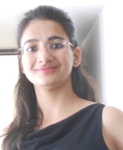
Pavitra Sharma
Associate Project Specialist
My work involved helping with the design of the scaled-up ECAR system in collaboration with experts and running tests of the system to verify the system is working properly. My work focused on selection of arsenic affected site in West Bengal (India) based on techno-socio-economic parameters for installation of scaled-up ECAR prototype (10,000 L per day), order and coordinate delivery and installation of the components at selected site. I represented ECAR project to the community, maintained two-way communication, built demand for clean water, led education seminars about arsenic and addressed community concerns. I have done post graduation in Technology and development (Centre for Technology Alternative for Rural Areas) from Indian Institute of Technology Bombay (IITB). I have also worked with an environmental consultancy. There my work included human and social capital externalities evaluation & modelling and analysis of green economy initiatives and sustainable development policies.
Laura Chimelski
Research Associate
My work involved the adaptation of ElectroChemical Arsenic Remediation (ECAR) for the needs of rural California and US communities with arsenic contaminated groundwater. I have conducted field trials in order to assess the 100 L ECAR prototype’s performance in real California groundwater, with promising results. I have also worked on prototype design so that it fits within small US water systems, which require continuous flow in addition to greater output and lower operator demands than their South Asian counterparts.
Email: laurachimelski@gmail.com
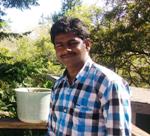
Sreeman Mypati
Associate Technical Specialist
My research focused on conducting a large-scale field trial of ECAR arsenic remediation technology in West Bengal. This entailed (but was not limited to) working with engineers from Luminous Water Technologies Ltd, (licensee of ECAR technology) to co-design a large-scale (~10,000 liters per day capacity) prototype and co-lead the fabrication. I worked with collaborators at Jadavpur University to assess various possible field sites. Once fabricated, I tested the prototype reactor, commissioned the field trial, implemented various experimental programs and contributed to data analysis. My previous research work at Indian Institute of Technology, Kharagpur involved wastewater treatment by synergizing the Microbial fuel cell and constructed wetland technologies. It followed the design and fabrication of pilot scale constructed wetlands. My major research interest is to design and the commercial implementation of water related technologies in developing countries.
Undergrads, Masters, and Interns
Paris Wickliff
M.S. Student, Civil and Environmental Engineering
Paris is a Master’s student studying Civil and Environmental Engineering. He received his Bachelor of Science in Mechanical Engineering at UC Santa Barbara in 2022. He is currently a graduate student researcher (GSR) in the Gadgil group working on the automation of the ACAIE (Air Cathode Iron Electrocoagulation) system. In the past, he has worked on the scale-up of the ACAIE system in Central California.
Eleanor Chen
M.S. Student, Civil and Environmental Engineering
Eleanor is a Master’s student studying Civil and Environmental Engineering.
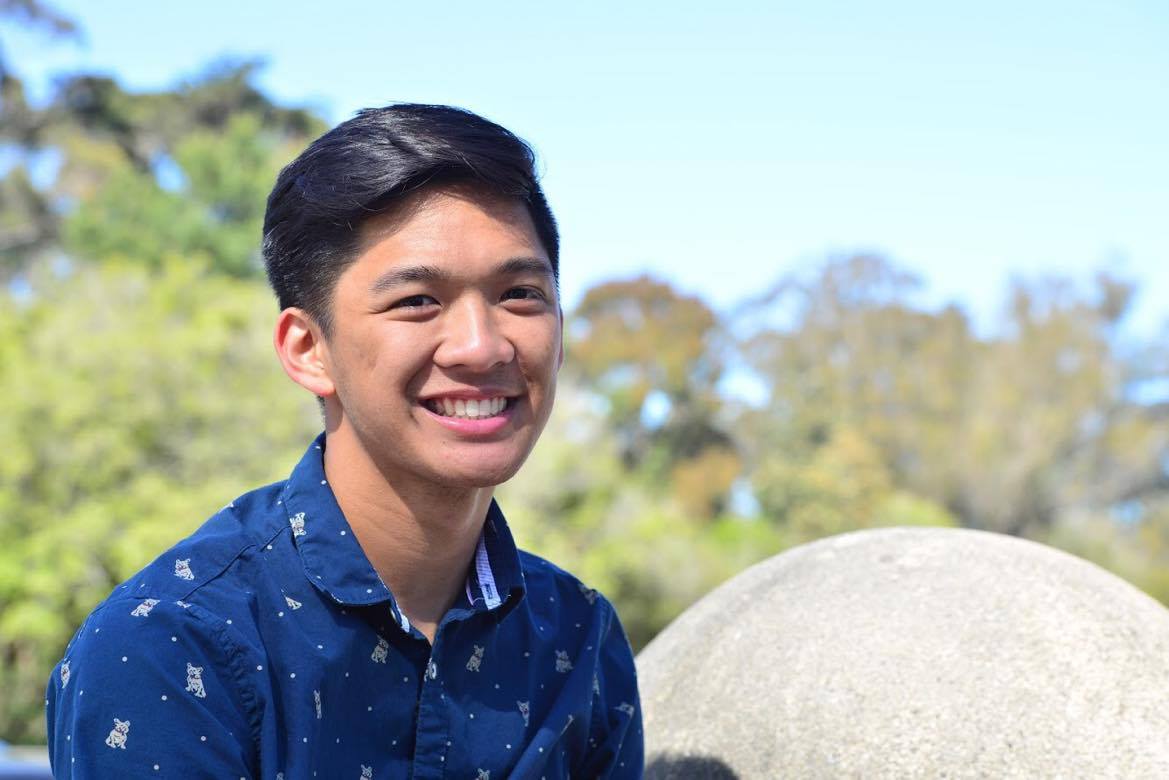
Joseph Danielle Mella
Undergraduate Student, Chemical and Biomolecular Engineering (Class of 21′)
Joseph was a 4th-year Chemical and Biomolecular Engineering student concentrating in Business and Management. He was assisting Gabriel with the development of ALPS (Accelerated Lead Pipe Scale-buildup) and the prediction of lead leaching in different US states using machine learning.
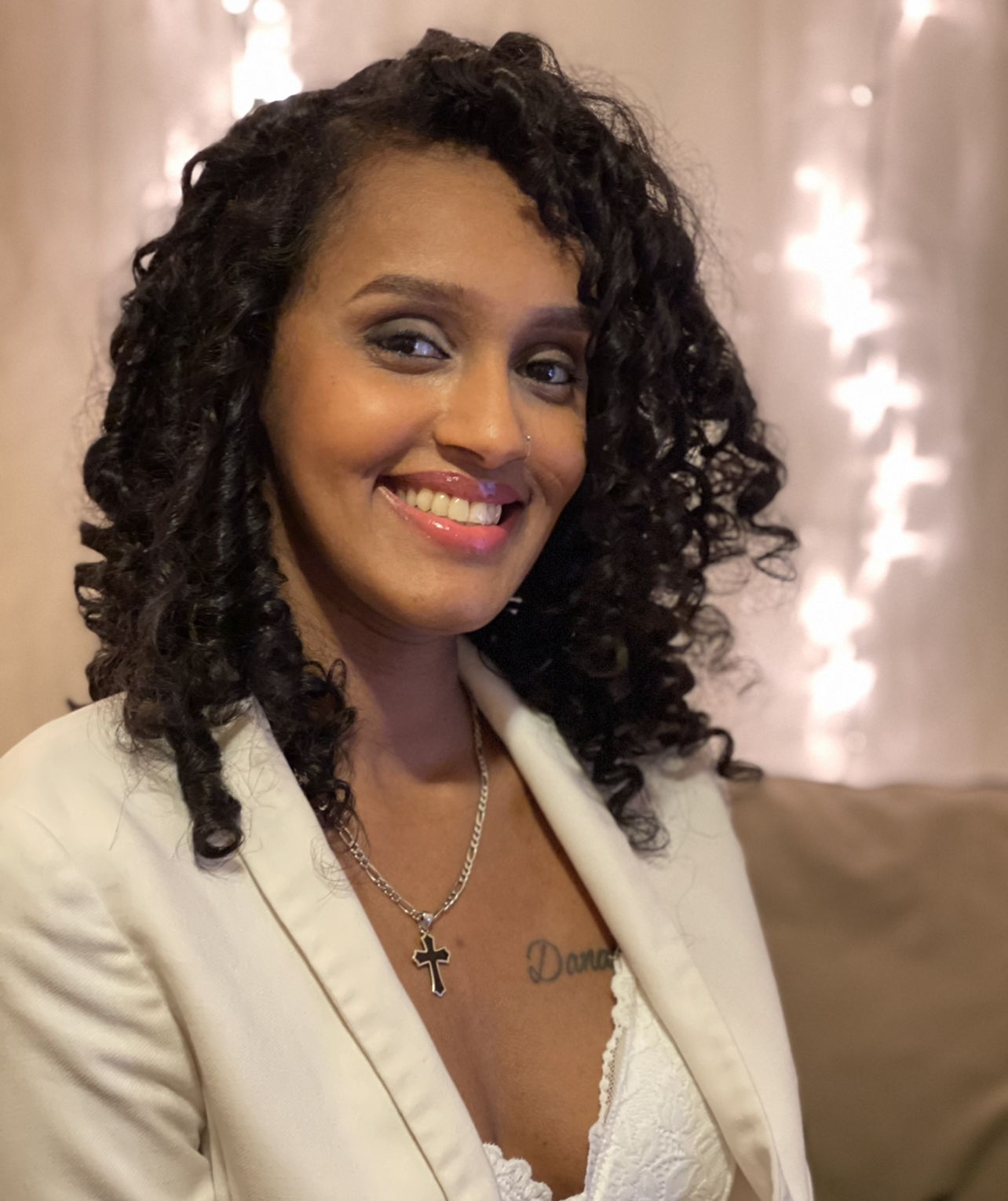
Mary Gerensia
Undergraduate Student, Chemical and Biomolecular Engineering & Nuclear Engineering (Class of 21′)
Mary was a senior engineering student, with an interest in renewable energy and environmental safety. She was assisting Dana Hernandez in remediation of water by removing chemical toxins such as arsenic through ACAIE technology (Air Cathode Assisted Iron Electrocoagulation). She also worked on a project to make an efficient and affordable disinfectant due to the emergence of COVID-19.
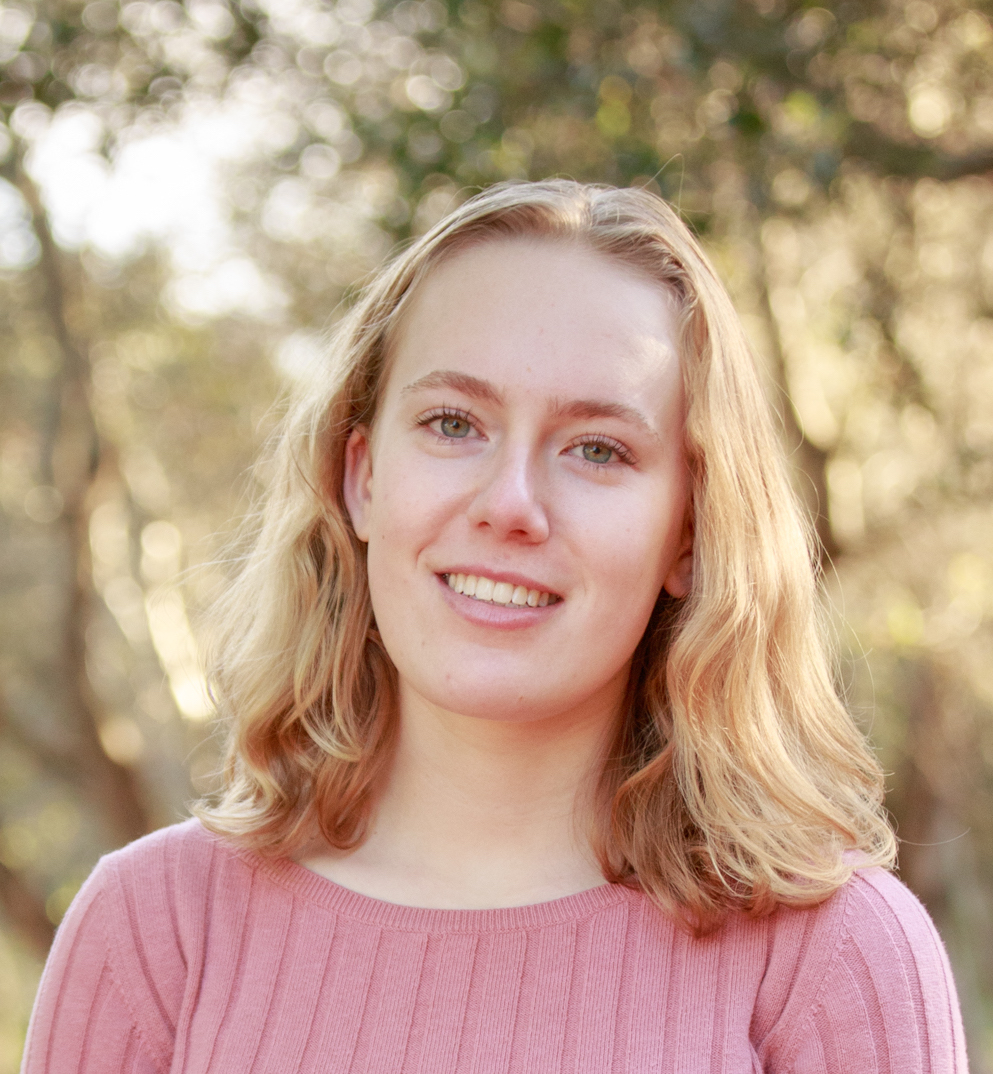
Emilie Kathol-Voillequé
Georgetown University ’21| Walsh School of Foreign Service
International Economics | Minor in French
Emilie is a senior at Georgetown University studying International Economics with a minor in French, originally from Berkeley, California. At Gadgil Lab, she was tasked with managing and coordinating volunteers for the chlorine-based disinfection project, Electro-Clean.

Areidy A. Beltran
Earth and Planetary Science- Environmental Earth Science Major
I was an undergraduate student at UC Berkeley pursuing a major in Environmental Earth Science with a minor in Global Poverty and Practice. I was awarded as a UC LEADS Scholar in Spring 2012 and was given the opportunity to do research in the Gadgil Lab at LBNL.
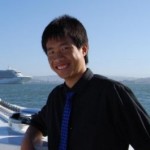
Chun Man Chow
Chemical Engineering and Environmental Engineering Science Majors
I was at UC Berkeley double majoring in Chemical Engineering and Environmental Engineering Science with a minor in Environmental Economics and Policy. I am interested in solving issues of climatic change, environmental sustainability, and resource depletion to help make a difference in the world. Projects I am involved in at the Gadgil Lab include field-testing, lab experiments, and energy efficiency optimization analysis on the electrocoagulation arsenic remediation system in India and in California, and developing a toolkit for field-testing of ECAR.
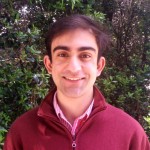
Arjun Kaul
Materials Science and Engineering Major
I was an undergraduate Materials Science and Engineering major at UC Berkeley. My interest is to work on high impact technologies that address key energy and environmental challenges. At Gadgil Lab, I primarily work on collecting and analyzing cookstove performance data. The goal of this work is to inform the design of next generation cookstoves that provide significant environmental, health, and economic improvements over cooking practices currently in use.
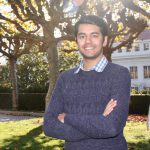
Yash Mehta
Junior, Mechanical Engineering & Material Science Joint Major
Fluoride is a tasteless and odorless contaminant in water, which if present in high concentrations leads to crippling diseases like dental and skeletal fluorosis. I am working on developing and implementing a system for removing excess fluoride from groundwater in rural villages of India. In general, I am interested in manufacturing, product design, consumer electronics and optimization techniques.

Nusrat Molla
Senior, Civil and Environmental Engineering
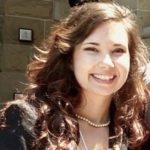
Jody Strait
Environmental Sciences
As an Environmental Sciences major, as well as a Public Policy and Journalism minor at UC Berkeley, I am particularly interested in publicizing scientific information and promoting scientific literacy: for business leaders, for government officials, and for citizens at large. As a science writer with Gadgil lab, I work to increase public awareness of clean energy and water technology and foster new applications for the lab‘s unique developments in this field through publication.
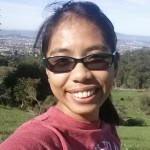
Maja Oblepias
Electrical Engineering and Computer Science and Materials Science and Engineering Majors
My interest is to find possible ways to overcome challenges and find improvements in current energy and environmental issues. My work in Gadgil Lab involves efficiency testing and collecting performance data of various cookstoves to add improvement in designing a low-cost, fuel-efficient and low-carbon emissions biomass cookstove. My goal is to become a person of my time who can help supply answers to many of the questions facing us today.
Research participants
Stoves Lab
-
- Cristina Ceballos
-
- Emily Chou
-
- Giovanni Gajudo
-
- Noah Horowitz
-
- Jae Bin JuAdvait Kumar
-
- Vipul Lalchandani
-
- Timothy Lee
-
- Ryan Liu
-
- Meenakshi Monga
-
- Dylan Moore
-
- Adam Mulvihill
-
- Matthew Roeschke
-
- Abhinav Saksena
-
- Hilary Seamans
-
- Justin Shih
-
- John Wilcox
-
- Nina Yang
- Ruolan Zhou
Water Lab
- Subiksh Chandrashekar
- James Britt Abrahamson
- Akshay Shrivastava
- James Hake
